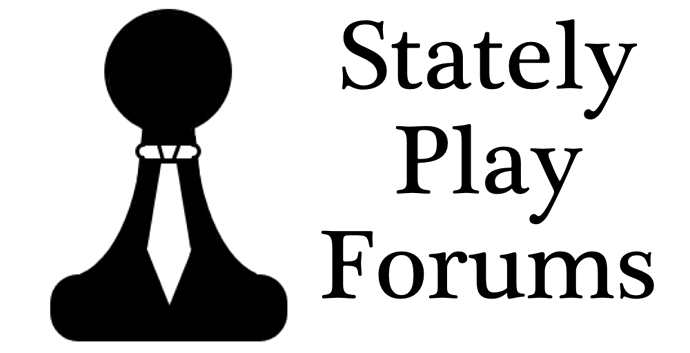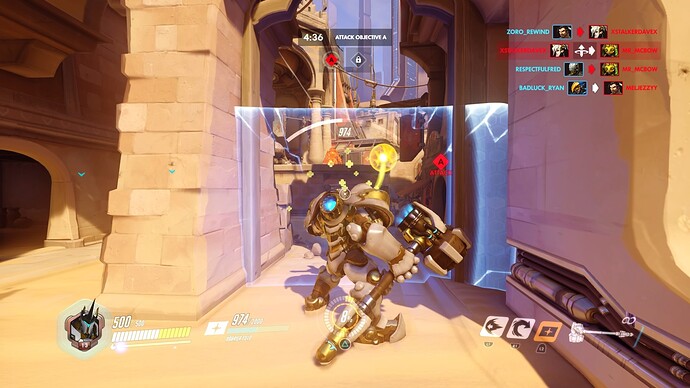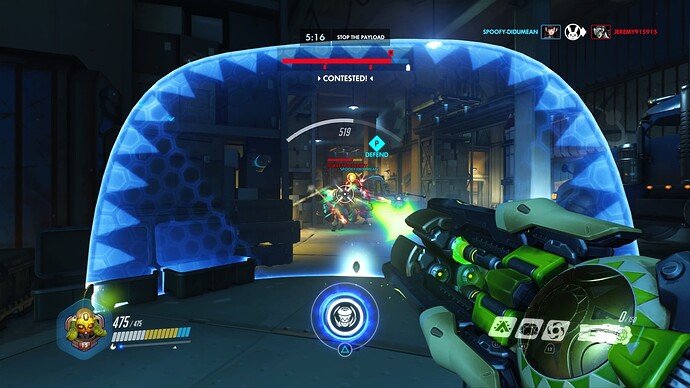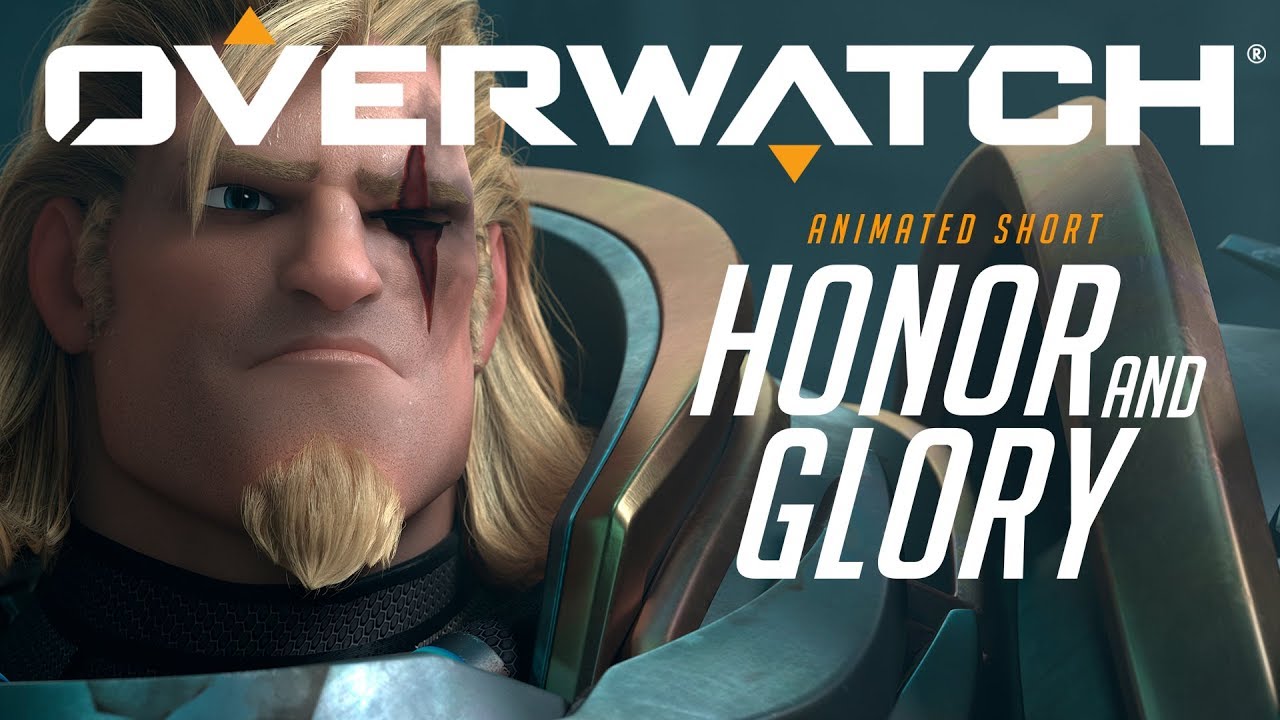Originally published at: http://statelyplay.com/2018/06/15/fatherwatch/
I wrote recently that I think the distinctive art of game design resides in tailoring the elements of the game itself (mechanics, art, etc.) to create the experiences of players. Blizzard has created a particular experience to which I connected very deeply, and it illustrates that idea well. When I play Overwatch, I play a lot of Reinhardt, a character who carries a massive hammer and can generate a wide shield. One reason, I confess, is because I’m so bad at aiming in fast-paced games that a meleé-focused character helps avoid a weakness so exaggerated that one wonders whether I must reach superheroic heights in other areas [He doesn’t. -ed.]. But the other is that his shield evokes for me a particular ideal of fatherhood. I don’t much go in for tradition, or belonging, or the comforts of occupying clearly-identified roles, so the power of this one over me earned some attention.
In real life, of course, my utility as a father mostly comes down to my ability to cook, clean, and operate a clock, calendar, and car. Obviously, I hector my children to do important stuff like homework and play games, but, basically, I’m a moderately organized menial laborer. But the ideal I have in mind is different–while I recognize the austere nobility of unassuming service to others, it lacks the emotional resonance with a cultural norm which imbues each act with special satisfaction. I felt that mostly clearly in real life when buying an umbrella. My children were in primary school, and I waited with them for the bus every morning and met them coming off it every afternoon. I wanted to be prepared with a quality umbrella large enough to cover all three of us, and carefully selected one that’s been of much use and is still in perfect shape. That combination of foresight in the service of my family, willingness to suffer some discomfort to decrease theirs, and an orientation toward sturdiness and fortitude captured many of the admirable aspects of fatherhood which have defined the most thrilling version of the stalwart father for me.
[caption id=“attachment_5109” align=“aligncenter” width=“1920”]
Admittedly, the desert isn’t the best setting for a metaphor about standing in the rain, but that was synecdoche, anyway.[/caption]I didn’t recognize it explicitly then. It wasn’t until I heard Reinhardt shout “Don’t worry, my friends–I am your shield!” as he deployed his aegis, wide enough to protect his entire team, that it came back to me. Even then, it sank in only slowly, as I found myself repeatedly satisfied when my shield held off a lead shower or so clearly established the strength of my protection that the enemy sought another option without even bothering to try breaking through. What surprised me was that I felt my purpose even more strongly after cracks appeared, and I gave my all under that onslaught, barrier broken only a moment before my body. Tactically, that’s a failure. Unless my death bought the final second my team needed to accomplish a goal, it would have been preferable to retreat and heal up. But abandoning my team, even for a moment, feels like watching from a warm, dry house as my children trudge through November rain. Okay, Guns’n’Roses aside, this is Rochester–October rain.
I can do it, now. If I recognize that there’s a lesson they’re ready to learn, I can let my kids suffer a bit, and I can accept the short-term betrayal of my team to be of more use in the whole round. I didn’t need Overwatch to teach me that I was going to have to allow consequences for my children at some point, and that level of profundity ranks about as high as “more garlic makes marinara taste better”. But without this experience, I don’t know that I’d ever have connected the challenge of the discipline needed to allow my children to suffer to one of the bits of my culture I treasure. I’ve wanted to be a father as long as I can remember, and I love it. It’s one of the few things I’ve ever done which makes me feel I’m doing what I’ve been trained to believe I’m supposed to do (even if my methods are unorthodox).
And now, I get to do something else I think of as crucial to a role I now play–that of adult. I take responsibility for the ideals I hold, and question them. Now that I’ve realized that always living up to this ideal would make me feel noble, but would prevent my children from building some of the character they’ll need, I can partake of its joy without becoming too attached to let it go when that’s what my family needs. I’m finally old enough to see “it builds character” as a potentially insightful defense of the sort of suffering children regularly experience, usually in situations in which the adults who could prevent it are simply using it as an excuse for their own laziness or lack of foresight. Furthermore, though I think of these as qualities of fathers, the ideal may appeal to other parents, or those in parent-like situations, and at Stately Play it shouldn’t fall always to Tof Eklund to point out that fathers are far more diverse than most children of my generation learned.
[caption id=“attachment_5108” align=“aligncenter” width=“1920”]
Orisa can drop a shield, but it requires no fortitude or self-sacrifice to use it for others.[/caption]Oddly, this mechanic of Reinhardt’s which captures so much of my ideal of fatherhood isn’t connected to the game’s theme. It evokes that ideal because his shield is wide enough to shelter many, is directly connected to him rather than a static location on the map, and costs him (in mobility and risk of death) to use. Without any of those features, it would seem no more dad-like than any number of other shield-wielding characters. But there’s no mention of Reinhardt having children–his short depicts only his dedication to duty. His delighted use of his hammer and tendency to rocket off after enemies (or, when I’m playing, over cliffs) are far better suited to the character they’ve actually created than my ideal father. Yet the implementation of that single element, his shield, so powerfully reflects this idea of mine that it is that experience which overwhelms my impression of playing Reinhardt. So this is an interesting case for me: on the one hand, a mechanic enables a gameplay experience which is strongly emotionally laden for me, and interesting and balanced to play, yet it suits the theme imperfectly. I’m left wondering whether perhaps this might even be a virtue in some circumstances; a tight fit between the mechanics and identity of the character could place too restrictive a set of expectations on how that character should and can be played.



